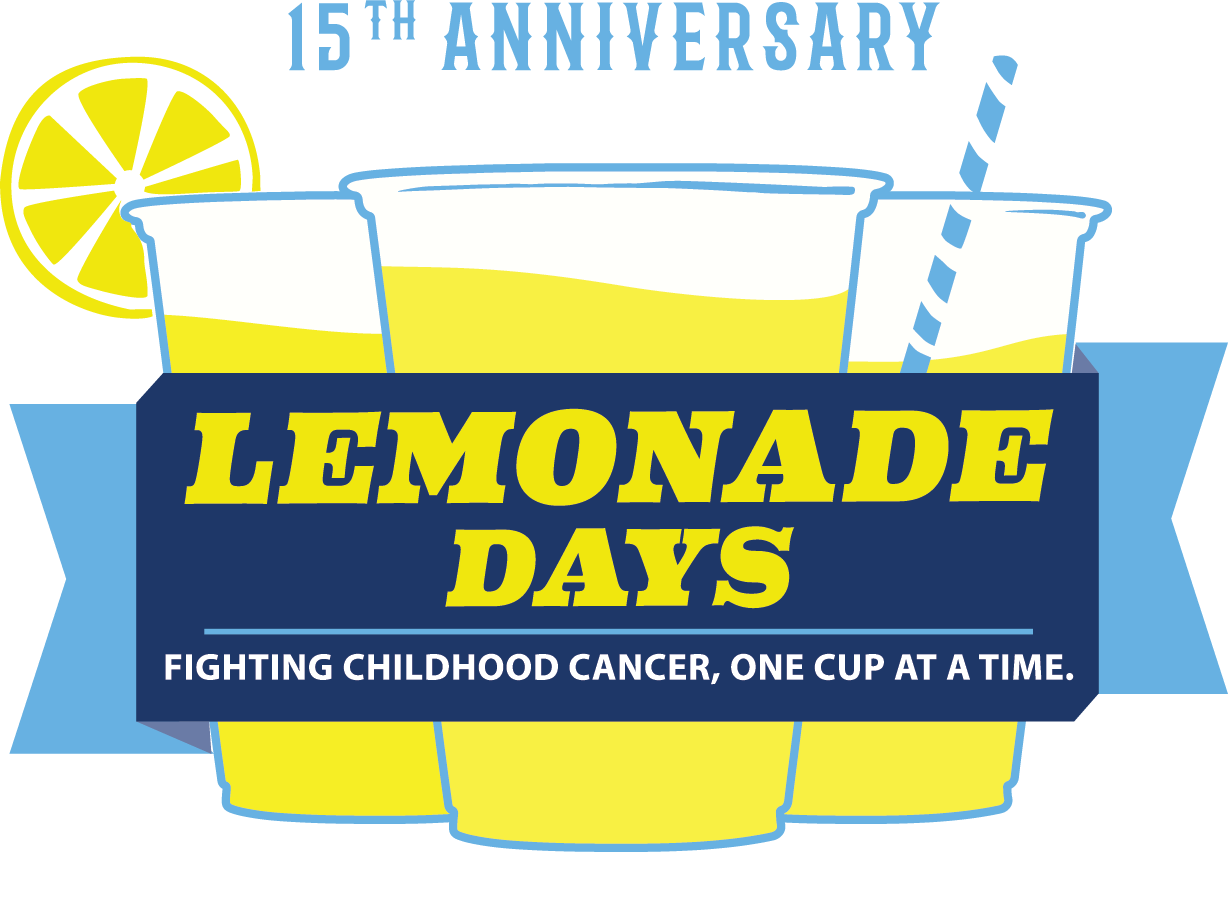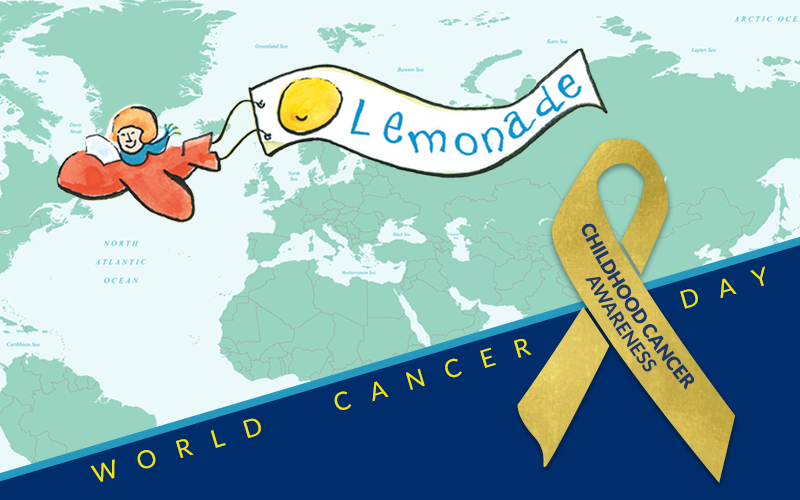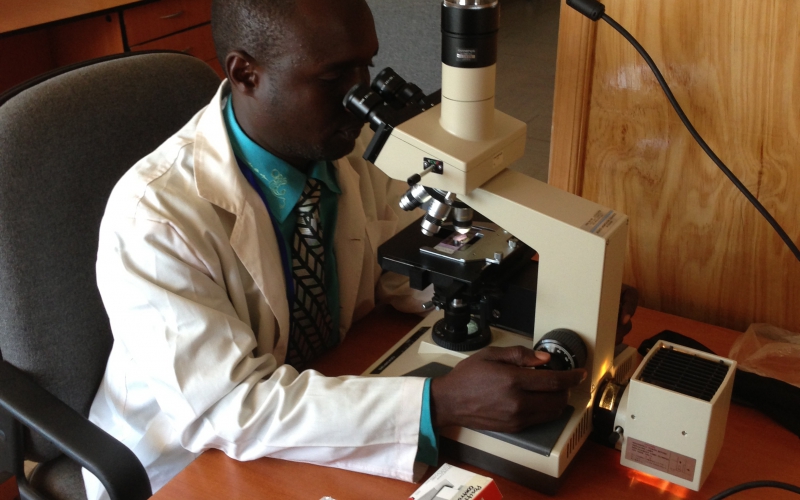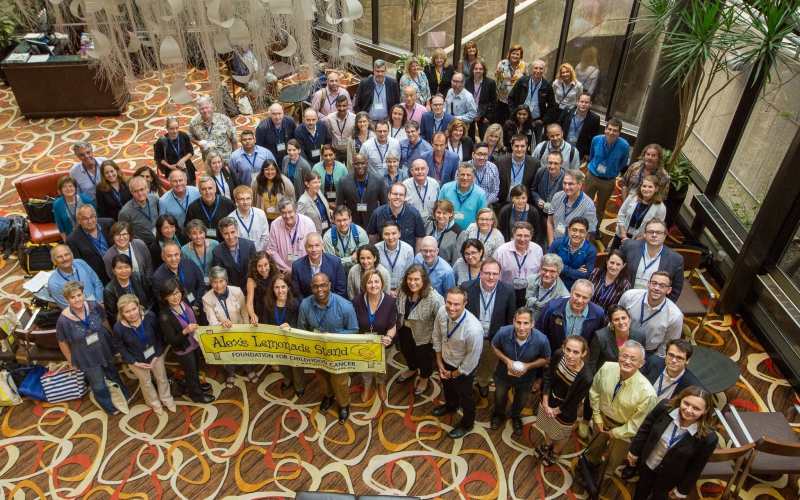By: Trish Adkins
Every day, around the world, over 700 children are diagnosed with one of the hundreds of types of childhood cancer—the equivalent of an entire elementary school of children.
And everyday, researchers, powered by Alex's Lemonade Stand Foundation (ALSF) funding are making a difference in the lives of children with cancer by ensuring access to treatment, individualizing safer drugs and pioneering breakthroughs that will lead to cures. From creating opportunities for international collaboration to making the roadmap to cures, ALSF is leading the fight to end childhood cancer all around the world.
Here are five projects that are getting the children of the world closer to cures:
1. Standardizing Safer Treatments Around the World
Acute lymphoblastic leukemia (ALL) has an extremely high cure rate; however, sometimes that cure can come with a cost. High-dose methotrexate, which is highly effective at killing ALL cells, can cause serious complications including kidney failure, liver damage, bone marrow suppression, mouth sores, seizures and stroke-like symptoms.
ALSF grantee and Center of Excellence researcher, Dr. Jennie Foster at Texas Children’s Hospital, recently completed a study that demonstrated the feasibility and success of adjusting the dose of methotrexate for children who are at the highest risk for complications. The algorithm has already become a standard practice at Texas Children’s Hospital and has been adopted by Hospital Nacional de Ninos in San Jose, Costa Rica.
2. Modeling Childhood Cancer
As pediatric oncology researchers turn their attention to creating customized treatments for cancer, they need genetic tumor models to test potential drugs. However, only 250,000 of the 14.1 million people diagnosed with cancer worldwide are children—limiting the pool of potential tumors to model in the lab and to use to develop custom treatments.
To combat this problem, ALSF funded the Pediatric Preclinical Trial Consortium (PPTC), to model and then release over 270 genomic tumor models representing 25 different types of childhood cancer. The tumor models were made possible by tissue donations from children battling cancer in countries all around the world, including Australia and the United Kingdom. This data enables researchers to match potential drugs to possible genetic targets in cancer cells, ensuring the right drugs make it to the clinical trial phase faster than before.
3. Developing Global Roadmaps to Cures
In 2018, ALSF brought together over 90 top scientists, oncologists and researchers hailing from the U.S., Canada, the Netherlands, Belgium, France, the U.K., Germany and Austria in Philadelphia to discuss the big question:
How can we cross the finish line and find cures for all children fighting cancer?
The meeting kicked off the Crazy 8 Initiative—ALSF’s commitment to identifying obstacles, knocking down roadblocks and developing a comprehensive, achievable plan to foster research, collaborate and accelerate cures for all children. Divided into eight specific subject areas, the international group of scientists developed eight pilot projects that address challenges and pave the way for the roadmap towards cures. The projects will be hosted by institutions in the U.S., Canada and France providing invaluable opportunities for international collaboration and widening the pool of data and resources.
4. Ensuring Early Diagnosis in Kenya
While some types of childhood leukemia have extremely high cure rates in the developed world, countries like Kenya lack the medical infrastructure to make early diagnosis a reality for children who appear symptomatic. ALSF-funded researcher, Dr. Terry Vik at the University of Indiana is working to change this fact. His study confirmed that leukemia diagnoses are often missed in community clinics and today he is continuing his work to educate clinicians on early symptoms of leukemia to ensure a lifesaving diagnosis. Read more about Dr. Vik's work.
5. Improving Care and Access in Uganda
In some parts of the developing world, clinicians still rely on paper and pen to create medical records for the patients they see in their childhood oncology clinics. The method is cumbersome and can even lead to a delay in treatment and follow-up. Mentored by Dr. David Poplack, ALSF POST grantees Hannah Lewis and Vasmi Mohan, used an ALSF POST grant to review the workflow process of clinicians at the Uganda Health Institute. The summer-long project included time at Baylor College of Medicine in Houston, Texas and at a hospital in Malawi to review their medical recording process. Then, the students spent several weeks in Uganda to shadow medical staff, review the current process and make recommendations on the systems that could be improved.
 Supporters all around the world make projects like these possible! This June, you can join ALSF during Lemonade Days, June 1-9. Learn more here.
Supporters all around the world make projects like these possible! This June, you can join ALSF during Lemonade Days, June 1-9. Learn more here.




